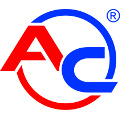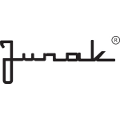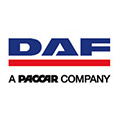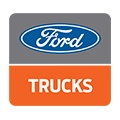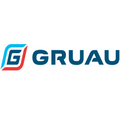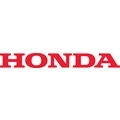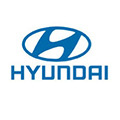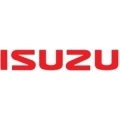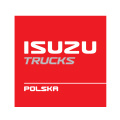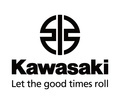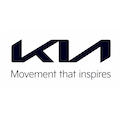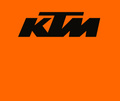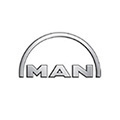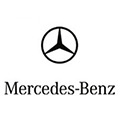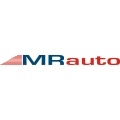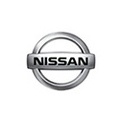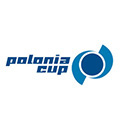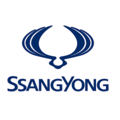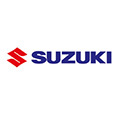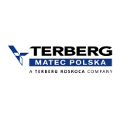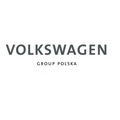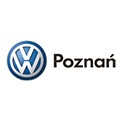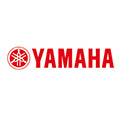05_New restrictions on aluminum imports as a risk for the automotive industry
As of May 12, 2018, new restrictions will apply to aluminum imported from most third countries. Product supply subject to restrictions applies to those items whose weight exceeds 2,500 kg. A surveillance document issued by the relevant body of a Member State will be necessary in order for said goods to enter the market. These newly-introduced restrictions are particularly important for companies in the automotive industry for which the speed of customs clearance (and thus supply continuity) is very important. Lack of preparation and management of the process for obtaining surveillance documents poses an actual risk of products being stopped at the border and the chain of supply being broken.
The restrictions were introduced by the Commission’s Implementing Regulation No 2018/640 dd. April 25, 2018. According to the Regulation’s introductory part, it was introduced in response to new import customs duties recently adopted by the USA as well as to China’s increased production capacity. In the context of the EU’s decreasing production capacity (of 26 aluminum melting furnaces active in 2008, only 16 are currently in operation) it is important for the European Commission to keep abreast of and, if needed, be able to react efficiently to any changes in the global aluminum market. Towards that end, it needs reliable and quickly accessible data which the system of surveillance documents must ensure.
New restrictions apply to products with the following customs tariff codes: 7601, 7604, 7605, 7606, 7607, 7608, 7609, and 7616 99, as well as unwrought aluminum, bars, rods, sheets, films, pipes and other aluminum products. The only products exempt from these requirement are those originating from Norway, Iceland, and Liechtenstein. A surveillance document is received by submitting an application to the relevant body of a Member State. In Poland, this body is the Ministry of Business and Technology. The application must be submitted on the appropriate form and contain, among other things, all of the following information: Detailed product description, place of origin and destination, the declaration number, product value as well as additional documentation that confirm the intention to carry out with importation. Upon submission of the full application, the competent bodies shall provide a surveillance document free of charge within 5 days of its submission. The surveillance document is effective within the whole European Union for 4 months after the date of issue, with the option to extend its validity if the import volume indicated therein is not completely used. The surveillance document shall be submitted to the competent bodies every time the products subject to restrictions are admitted into the market.
A similar measure was taken in relation to certain iron and steel products in 2016. It became evident that its application, in particular during the early months of the restrictions, poses a lot of practical issues for its importers. Among those especially affected are the largest importers, particularly thosecompanies from the automotive industry that import a lot of products from a wide array of countries. Basically, a separate document must be obtained for each tariff code that is subject to restrictions as well as each country of origin or sending. For each, competent bodies also require additional documents that confirm the intention to carry out importation, such as contracts, provisional invoices or product certificates. It can also be problematic to make a detailed prediction as to the supply volume or places of customs clearance as well as the netting of the document. The necessity to submit documents each time may lead to a lot of problems at the customs clearance stage and even hinder the application of special customs procedures or their simplification. In turn, the lack of a surveillance document may make it completely impossible to import products and could result in stopping them at the border. It is also important to consider that some companies do not have headquarters in the EU, so they cannot apply for a surveillance document. This, in practice may make it impossible for them to import products subject to restrictions and disrupt certain existing models of cooperation with third world country suppliers.
Paulina Szwed, manager, Tax and Legal Office
Piotr Kochanecki, senior consultant, Tax and Legal Office

